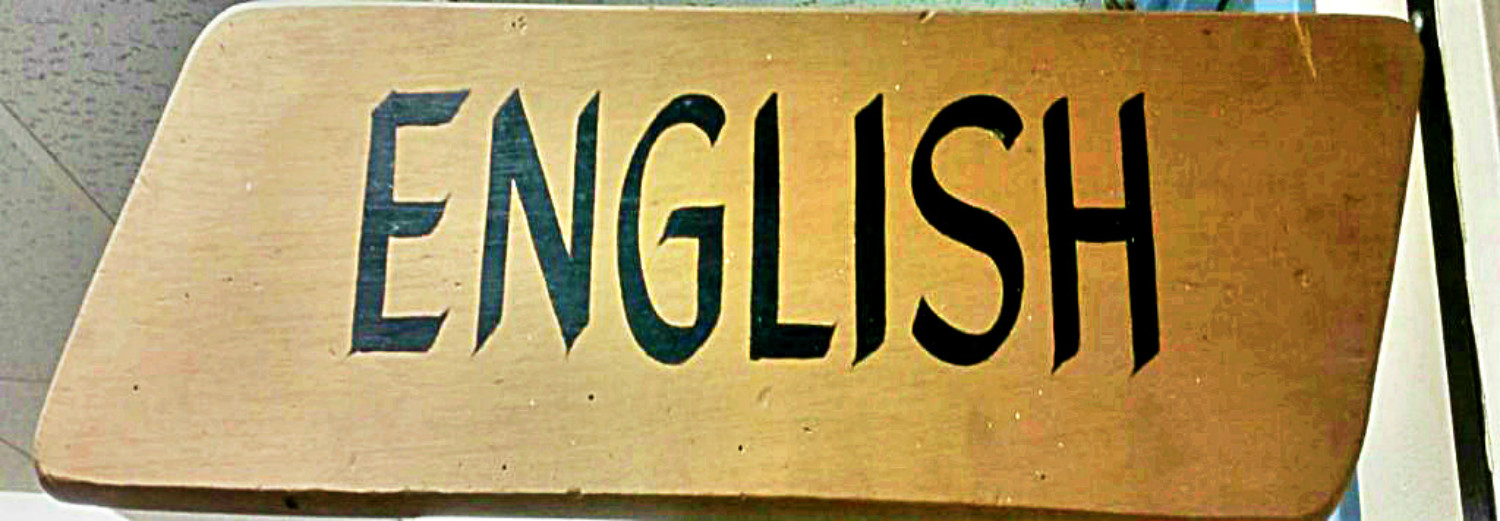Jana Koehler, doctoral alumna of ALS and current Scholar in Residence at UNM’s Feminist Research Institute, recently presented, “Lucha Corpi: Chicana Detective Fiction Weirds the (South) West.” Her talk focused on Chicana/o detective fiction, specifically Lucha Corpi’s Black Widow’s Wardrobe (1999). Corpi’s Chicana detective, Gloria Damasco, uses her “dark gift” to solve complex murder cases and in the process makes the Chicana feminist argument for the validity of Mexican and Mexican American folklore. Corpi disrupts hegemonic conceptions of the detective genre, but the genre-mixing that characterizes her works also points to alternative Southwestern histories often neglected or appropriated in mainstream narratives about the Southwest. Following Gloria Anzaldúa, Koehler argue that Corpi’s detective novels are “mestiza” detective narratives that are part fiction, part history, part logic, part supernatural. As Anzaldúa explains of the mestiza, “Not only does she sustain contradictions, she turns the ambivalence into something else.” Ultimately, Corpi creates more politically-aware and culturally-based mysteries by weirding the detective genre expectations and foregrounding issues of Chicana identity, Chicana feminism, and representations of the Southwest.
Alumna and FRI Scholar in Residence Presents on Chicana/o Detective Fiction




